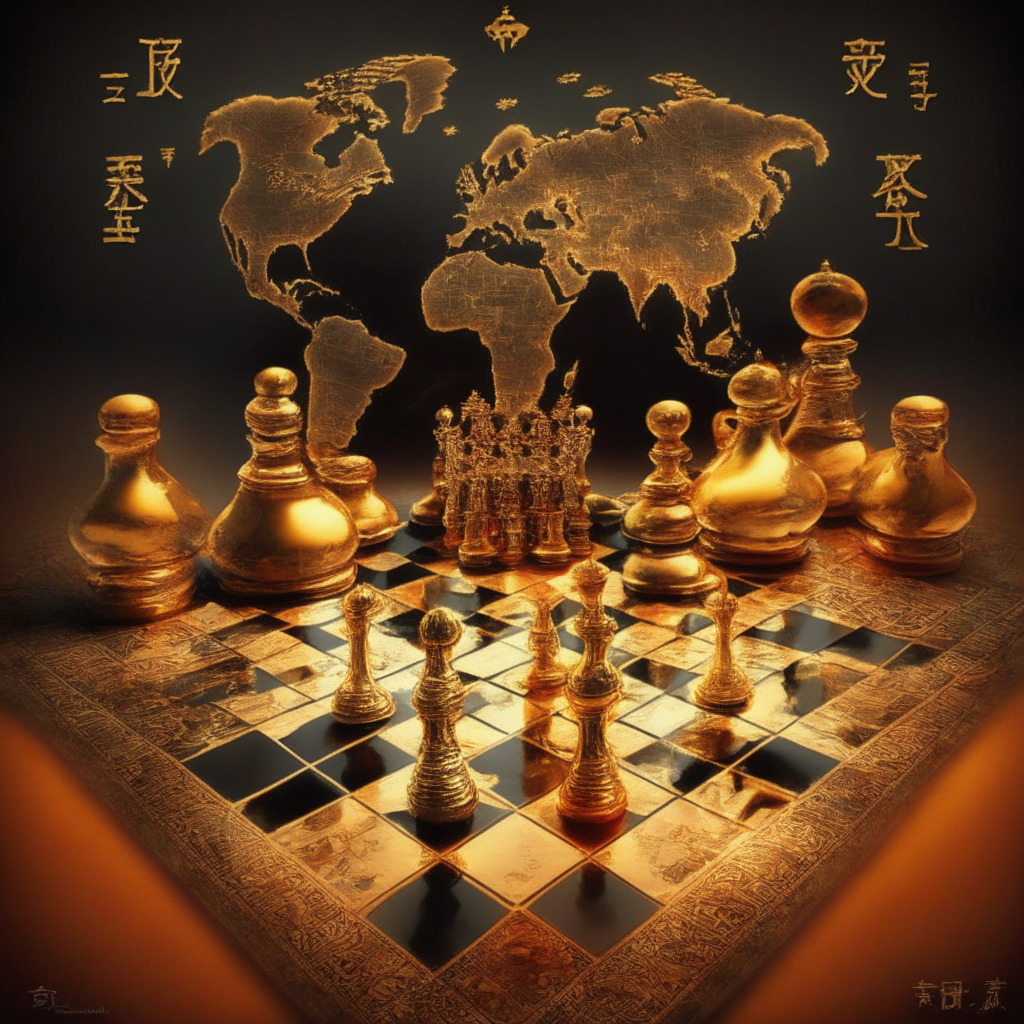Russia is set to purchase Chinese yuan for its international reserves, marking a significant shift in its economic strategy. According to reports from Russian economists, the country will begin acquiring yuan this month. Although the initial purchases are expected to be small and symbolic, they indicate a change in direction for the Russian economy.
The decision comes as Russia seeks to replenish its reserves, which have been reduced by over $300 billion due to Western sanctions imposed following the Russia-Ukraine conflict. Some economists, like Bloomberg’s Alexander Isakov, believe that the small but symbolic forex purchases will demonstrate that the country is focused on building its reserves, rather than depleting them.
Others, such as Dmitry Polevoy of Locko-Invest in Moscow, think that the yuan purchases will start in June and will remain minimal at first. Nevertheless, this move is considered a positive development by many, as it could signal a more stable Russian economy.
Natalia Milchakova, an analyst at Freedom Holding Corp., suggests that the market will view the accumulation of reserves favorably, rather than seeing them as a sign of further spending. This could even have a positive impact on the ruble.
This news comes after Elvira Nabiullina, governor of the Bank of Russia, announced in April the bank’s intention to focus on creating a reserve of non-sanctioned assets—although she did not specify the type of assets involved. Despite the sanctions, Russia has managed to accumulate $80 billion in foreign reserves, partly due to cooperation with allies such as China and India, who are also members of the BRICS bloc.
These countries have helped accommodate Russia’s oil production during this period of sanctions. Reports also indicate that some nations may be acting as proxies for Russian oil companies, buying large quantities of sanctioned oil and “laundering” it by shipping it to countries that have cracked down on Russian oil imports.
Overall, Russia’s decision to purchase Chinese yuan for its foreign reserve assets represents a strategic shift in its economic approach. Although initial purchases are expected to be modest, they could symbolize an important change and potentially indicate more stable economic conditions in the future. As Russia seeks to rebuild its reserves and navigate the challenges of international sanctions, the impact of this move on the wider market, as well as the ruble, will be of particular interest to investors and analysts.
Source: news.bitcoin.com




